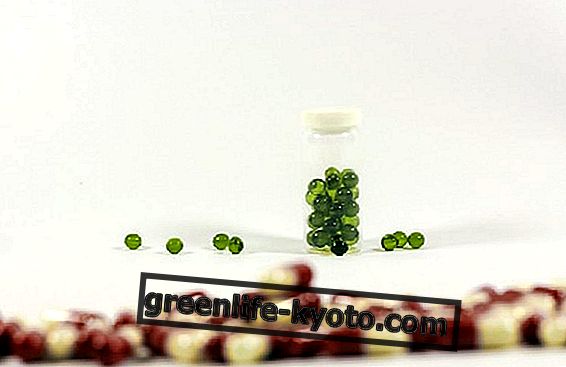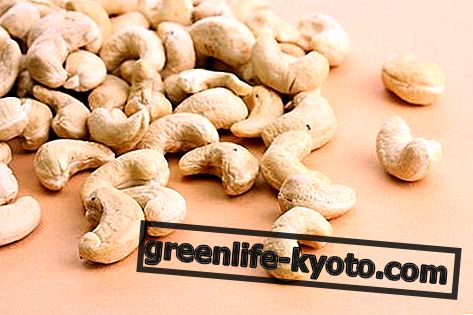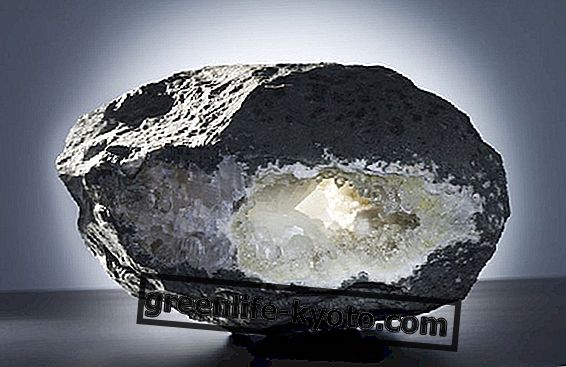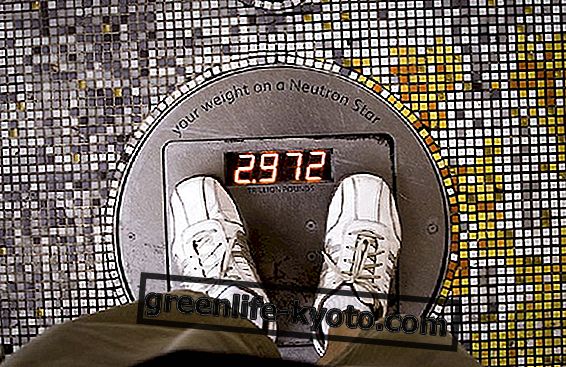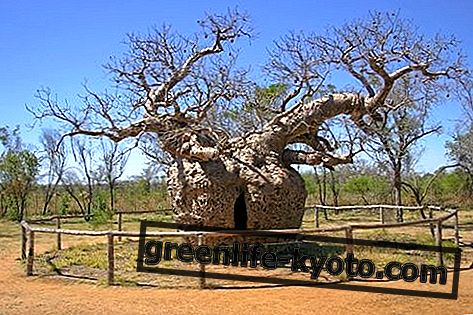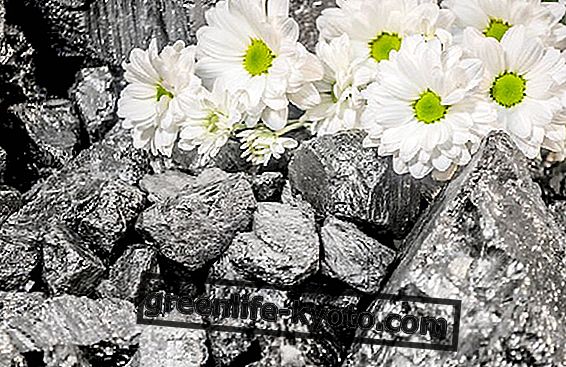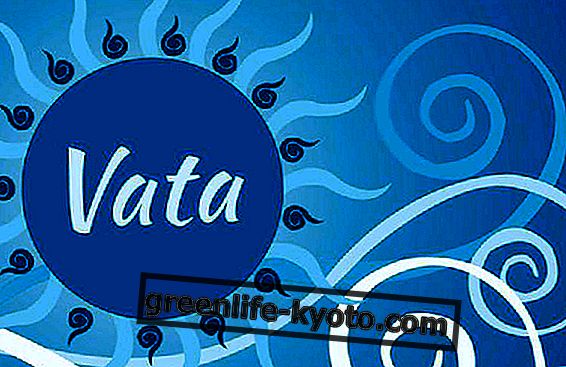
When the spermatozoon and the oocyte meet in the uterus giving rise to a zygote, the physical constitution ( Prakriti ) of the individual who is born is decided by the Doshas that prevail at that time. The main factors responsible for Prakriti are four:
1 The paternal factor.
2 The maternal factor.
3 The conditions of the uterus and the season.
4 foods taken by the mother during pregnancy.
The constitution accompanies the individual for life and never changes.
There are seven types of constitutions or Prakriti:
1. Vata
2. Pitta
3. Kapha
4. Vata-Pitta
5. Pitta-Kapha
6.Vata-Kapha
7. Vata-Pitta-Kapha (in which the three Doshas are in balance)
The Dosha Vata
Generally Vata people are poorly developed physically. Their chest is not well formed, their veins and muscle tendons are clearly visible. Vata people are generally very tall or very low, with thin structures that reveal protruding joints and bones due to poor muscle development.
The hair is curly and sparse, the eyelashes are not very thick and the eyes are not very bright. The nails are rough and brittle. Physiologically, appetite and digestion are variable. They love sweet, sour, savory and hot drinks. Urine production is poor and the stools are dry and scarce. These people are creative, active, alert and restless . They talk quickly and walk quickly, but they get tired easily.
Vata equilibrium condition
Proper regulation of all physical functions.
Normal movements in relation to nutrition, digestion and excretion. Precise mental process activity.
Control of the bodies responsible for perception and action.
Stimulation of digestive juices
Desire to lead an active life; vitality and participation.
Evacuation of normal consistency.
Normal sleep.
Excellent energy condition .
Condition of Vata imbalance
Deterioration of physical functions
Inhibition of movements related to nutrition, digestion and excretion. Mental inactivity and confusion, worsening of memory.
Perception and action disorders, obtuse senses and long response times.
Shortage of digestive juices.
Loss of energy and joy for life.
Respiratory disorders.
Insomnia, interrupted sleep.
What unbalances Vata
Concerns.
Fasting
Don't get enough sleep.
Eat fast.
Do not observe a type of routine.
Eat dry, frozen or advanced foods.
Going around a lot (by car, plane, train or jogging)
Never lubricate the skin.
Avoid hot and humid places.
Suffer serious abdominal surgery.
Repressing feelings.
Advice to rebalance Vata
Stay warm.
Receive a massage (or self-massage) with hot oil every day.
Receive a regular massage at least once a month from a professional.
Receive a cycle of at least ten massages during the autumn period, followed by the sauna.
Prefer warming foods and spices.
Avoid extreme cold, cold and iced foods and drinks.
Minimize raw foods, especially apples and cabbage family members.
Moderate the consumption of most legumes.
Prefer hot, moist and well lubricated food. (soups, herbal teas and rice with a little oil).
Prefer sweet, sour and savory flavors.
Keep a regular routine.
Create an environment that is as safe, calm and peaceful as possible.
Perform light and outdoor physical activity.
